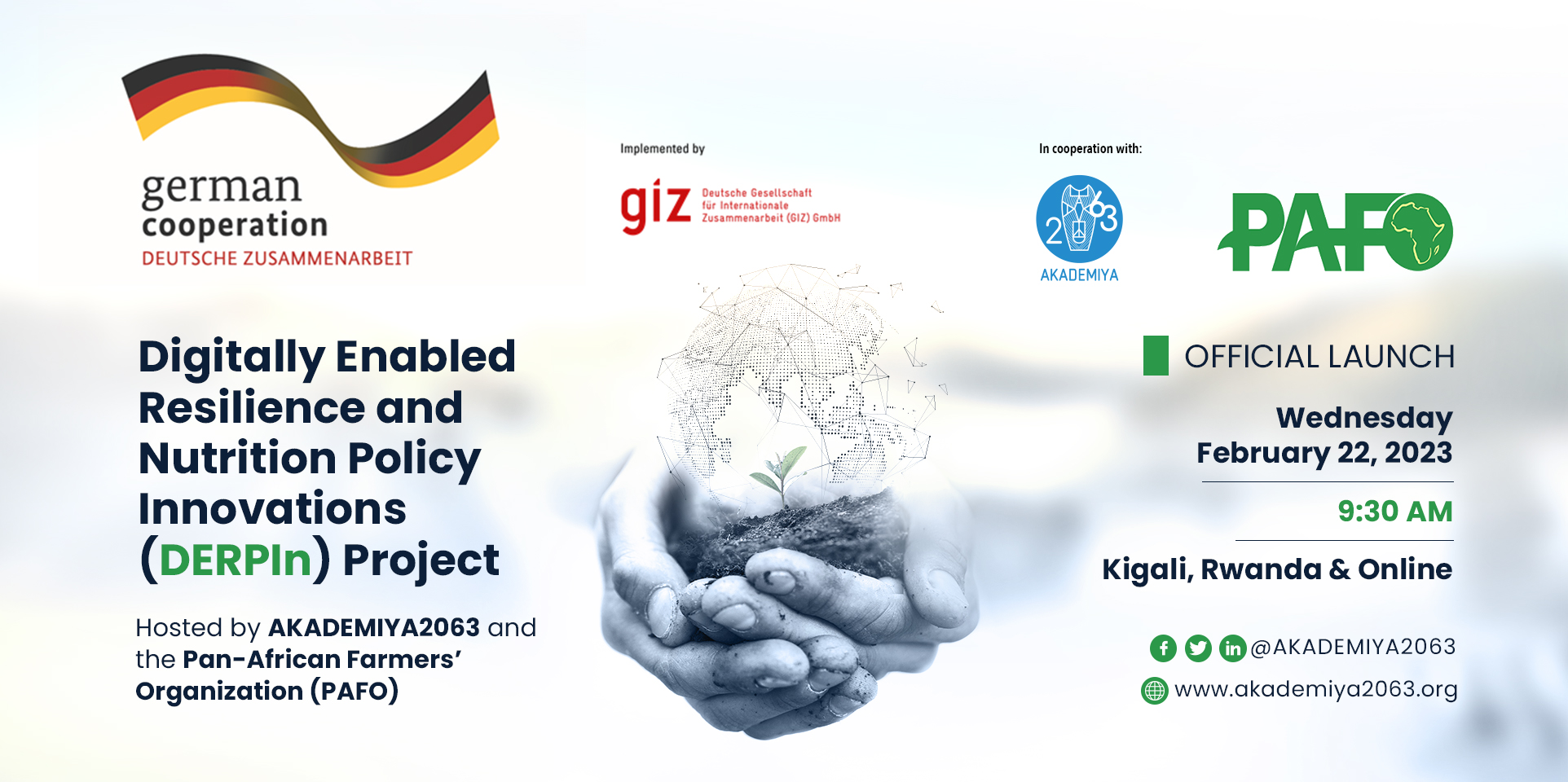Countries in Africa are among the most vulnerable to climate shocks in the world. Extreme weather events destroy assets and upend livelihoods, while changing weather patterns disrupt food systems activities, resulting in uncertain planting periods and poor yield performance, among others, in turn negatively impacting communities’ food security and nutrition status, in both rural and urban areas.
High levels of vulnerability and low absorptive capacity compound the disruptive effects of climatic and other socio-economic shocks. The vulnerability of agricultural and rural communities originates partly from severely limited access to timely, reliable, and spatially disaggregated data, including future-oriented forecasts, for adequate preparedness and planning purposes. Existing techniques and methodologies insufficiently capture ongoing and future crisis dynamics and undermine better-informed decision-making.
The real challenge facing African countries is hence the lack of capacity to anticipate and respond to changes and shocks such that they do not result in widespread suffering and irreversible damage to livelihoods. It is imperative to delink vulnerability from large-scale and permanent disruption by enhancing countries’ capacity to innovate and craft more effective and timely resilience-building policies and programs. This starts with tools, data, and analytics.
In order to support improved planning and decision-making across food systems, AKADEMIYA2063 has recently been awarded a grant by Germany’s Deutsche Gesellschaft für Internationale Zusammenarbeit (GIZ) to implement the “Digitally Enabled Resilience and Nutrition Policy Innovations (DERPIn) project” over a three-year period in five African countries – Benin, Ghana, Malawi, Uganda, and Senegal – jointly with the Pan-African Farmers’ Organization (PAFO) and invited local partners.
The DERPIn project aims to foster the capacity and agility of government planners and private sector operators, including smallholder farmers and their organizations, to craft adapted, gender-sensitive, and impactful policies and programs to advance food systems transformation and enhance resilience to shocks. It does so through a combination of digitally-enabled, customizable tools, data, and analytical products to cater to the needs of a broad range of stakeholders including government, the private sector, and most crucially food systems actors including smallholder farmers.
Moreover, it will harness the synergies across several lines of work at AKADEMIYA2063, drawing from the wealth of data, evidence tools from concluded, ongoing as well as new projects in the areas of growth, poverty reduction, nutrition, vulnerability, trade, gender, remote sensing, and artificial intelligence, including the Malabo Montpellier Panel and Africa Agriculture Watch (AAgWa).
The launch event was held in a hybrid format in Kigali, Rwanda on February 22, and online, in partnership with PAFO.

